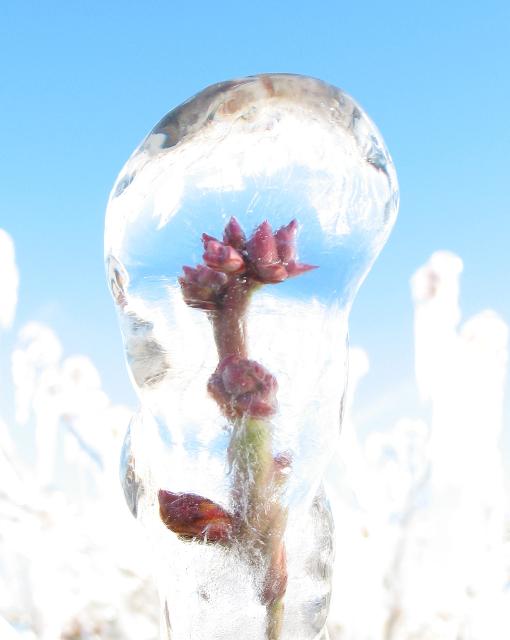By Clint Thompson
Low temperatures in the forecast this weekend means Florida blueberry producers need to apply freeze protection to their crops, says Doug Phillips, University of Florida Institute of Food and Agricultural Sciences (UF/IFAS) blueberry Extension coordinator.

“It’ll definitely get low enough to where folks will be freeze protecting. I know in central Florida, depending on the site because it differs with topography and we’ve got some low-lying areas, but I think we’ll definitely get below 30 in central Florida; maybe even some in south-central Florida,” Phillips said. “Of course, in north-central Florida, closer up to Gainesville, it’s going to be in the 20s for sure. Folks will need to be freeze protecting pretty diligently.”
According to weather.com, the low Saturday night/Sunday morning for Gainesville, Florida is 23 degrees Fahrenheit (F). The low for Plant City, Florida is 28 F.
Florida’s blueberry crop has progressed further than normal due to a warm December. Depending on where the blueberries are produced, some varieties in south-central Florida have green fruit. In central Florida, there are many bushes with blooms. That makes this weekend dangerous for the progression of those crops.
“The stage where you’ve got a fully open bloom is probably when it’s the most susceptible or sensitive to cold damage. It’s going to be a concern for those folks that have bloom out in the fields,” Phillips said. “Even those with green fruit will need to be freeze protecting. While green fruit may not be as sensitive to cold damage, it’s still pretty sensitive to it.”
Growers will need to utilize their overhead irrigation before temperatures reach the critical point, says Phillips.
“When water changes from a liquid state to a solid state to ice, it releases a small amount of heat. It releases a little bit of heat, then, of course, you encase the sensitive tissues in ice. It’ll keep it from getting below that net freezing point,” Phillips said.










